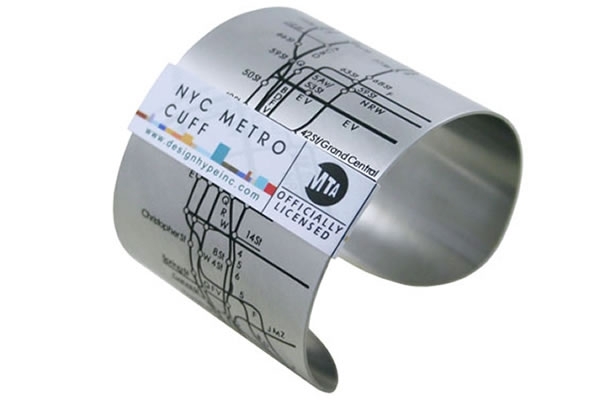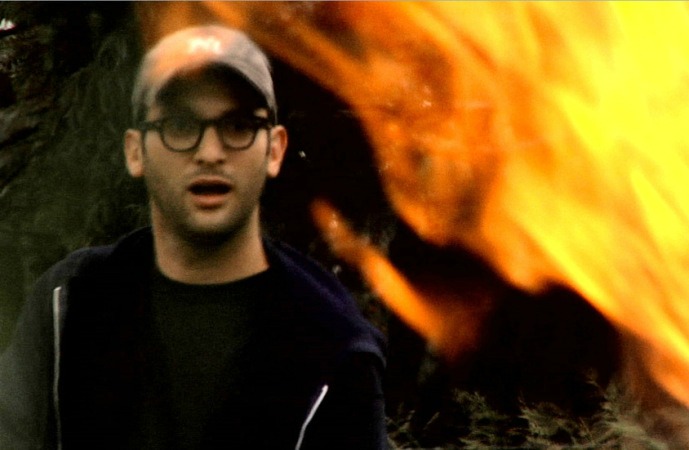Pictures of flames shooting out of a tap in Josh Fox’s Oscar-nominated first film about the natural gas boom helped make fracking a household word in America.
Gasland Part II, scheduled to air on HBO on July 8, aims to expose the money and political power driving the rush to gas — although it does also feature pictures of a homeowner in Texas lighting his garden hose on fire.
“This isn’t just about fracking at all anymore. This is about our system of government, and this is about climate change,” Fox said in a telephone interview.
“If what we are seeing all across America is people able to light their water on fire, why hasn’t our government done anything about it, why have our regulatory agencies failed to protect us?”
The answer, in brief, is the millions energy companies spent on political candidates and on lobbying Congress, Fox said. The oil and gas industry has spent $780 million on lobbying since 2008, according to Open Secrets.
Fracking, or hydraulic fracturing, uses huge volumes of water and sand laced with chemicals to flush the gas from rock formations.
Its use with horizontal drilling enabled energy companies to unlock vast reservoirs of natural gas trapped in the rock, doubling estimates of recoverable reserves, and turning America into an energy superpower.
But the energy boom comes at a heavy environmental cost, Fox argues.
“We are talking about 1 to 2 million wells in the United States. This is transformative for huge sections of our country. The oil and gas industry has leased a combined total land mass bigger than California and Florida combined,” he said. “The industry is controlling huge sections of the U.S. now.”
Or as Steven Skyler Lipski discovered in the second film after moving into his dream house in Texas, with its lavish rooms and remote-controlled waterfall: “Just because you have a nice house doesn’t mean that they aren’t going to drill underneath it.”
The film, like the original Gasland before it, follows a number of families who lost their water supply — and eventually their homes — to the gas boom.
Those direct experiences of poisoned wells and other impacts from fracking are now backed by scientific findings.
Over the years, studies have found growing evidence of contaminated drinking water from leaking gas wells and disposal ponds. Diesel fumes from the truck convoys barreling down rural roads to well pads have compromised air quality.
Scientists confirmed gas industry wells had set off earthquakes from Ohio to Arkansas.
Meanwhile, researchers found high releases of methane — a far more potent gas than carbon dioxide — from natural gas wells and installations, undercutting claims of a climate change benefit.
Those studies and the release of the original Gasland in 2010 helped merge isolated local protests against fracking — in Wyoming, in Pennsylvania, even in the home state of modern fracking, Texas — into a national movement.
Protests against fracking, fanned in part by Fox’s first film, turned some of the big environmental groups off the idea that natural gas could be a “bridge fuel” to a cleaner energy future.
But as Fox discovers in his second journey through America’s Gasland, the rising protests and growing evidence of the risks of fracking have not yet translated into major policy shifts.
Barack Obama in his speech last week on climate change continued to promote natural gas as a “bridge” fuel from coal. New York City Mayor Michael Bloomberg is also pushing for gas, despite his concern for climate change.
Fox blames the power of the oil and gas industry. Gasland Part II goes on to trace how initial hopes of imposing rigorous safety and environmental controls on the industry were frustrated by the industry’s political and financial influence.
Investigations by the Environmental Protection Agency into contaminated water wells at Dimock, Penn., faded away. The EPA also dropped its plans for an independent investigation of poisoned wells in Pavilion, Wyo.
“We have seen state agencies, local agencies, even the EPA be controlled by politics, and when it becomes a matter of politics, the science just magically disappears,” Fox said. “Investigations get rolled back and buried.”
Even the stories of poisoned water and flaring water hoses are being forced underground. Over the past few years, gas companies have bought out the properties of homeowners whose water was contaminated by fracking fluids, in return for non-disclosure agreements, according to an investigation by Bloomberg news.
Fox’s solution? Protest — along the lines of what activists have been doing in New York state. “Why we are not seeing action is because of a system of entrenched influence that has been going on for decades,” he said. “But the fracking movement has great possibilities for continuing this reinvention of democracy.”
 This story first appeared on the Guardian website as part of the Climate Desk collaboration.
This story first appeared on the Guardian website as part of the Climate Desk collaboration.



